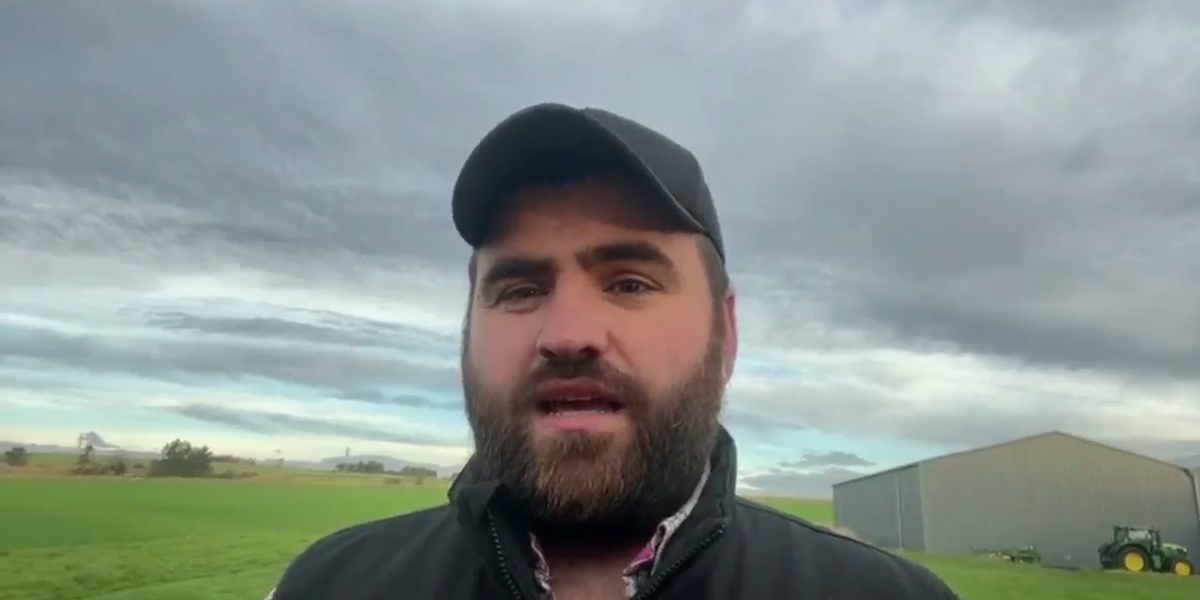More than 1,000 private schools will sue the Government en masse over its VAT raid on fees.
The Independent Schools Council (ISC) announced its members had voted in favour of launching a High Court action against Labour’s policy in a snap poll on Thursday afternoon.
The plans were first revealed by The Telegraph earlier this month, with the ISC saying it was awaiting the Office for Budget Responsibility’s assessment of the VAT plans to be unveiled alongside the Budget.
The group, which represents more than 1,400 private schools, said it had hired Lord Pannick KC, the leading human rights barrister, to spearhead the legal challenge.
The ISC, which is made up of seven member associations that collectively represent around half of all private schools in the UK, has also enlisted the help of Paul Luckhurst, from Blackstone Chambers, and Kingsley Napley, a legal firm.
It said legal proceedings would “begin shortly”, ahead of the VAT raid coming into force from Jan 1.
The ISC will seek to prove that Labour’s policy undermines some pupils’ human rights under the European Convention of Human Rights (ECHR) and the Human Rights Act 1998.
The legal bid will also focus on children’s “right to education” and allege the policy amounts to a discriminatory practice against independent schools.
This embedded content is not available in your region.
Julie Robinson, the chief executive of the ISC, said: “This is a decision that has not been taken lightly and has been under consideration for many months. At all points throughout this debate, our focus has been on the children in our schools who would be negatively impacted by this policy.
“This focus remains and we will be defending the rights of families who have chosen independent education, but who may no longer be able to do so as a direct result of an unprecedented education tax.”
Even if successful, the legal challenge will not be able to stop the VAT policy from coming into effect.
However, victory in the High Court would rubber-stamp private schools’ concerns that the policy is not fair for certain pupils and would apply pressure on ministers to grant further exemptions.
It would ultimately be up to the Government to decide what it would do next, and ministers could ignore any ruling.
Rachel Reeves defied calls to delay the tax raid as she announced in her inaugural Budget that it would hit private schools from Jan 1.
It came despite leading tax associations urging the Chancellor to postpone the policy until September 2025 at the earliest, warning that implementing it mid-year would cause mayhem for schools.
Ms Reeves insisted ministers would push ahead with the plans as part of efforts to raise money for the “94 per cent of children in the UK [who] attend state schools”.
The Treasury’s internal forecast suggested the VAT raid, plus Labour’s plans to remove business rates relief for private schools in England with charitable status, would raise more than £1.8 billion each year by the end of the decade.
The figure is significantly higher than an independent report by the Institute for Fiscal Studies (IFS), leant on heavily by Labour, which said that the policy could raise around £1.3 billion to £1.5 billion annually.
The Government said its estimate was based on expectations that most private schools will increase fees by “around 10 per cent as a result of the introduction of VAT”.
Many schools, including Eton College, have already announced they will raise fees by the full 20 per cent.

The Treasury also conceded that it predicts about 40,100 children will be driven out of private schools “or never enter” them as a result of the policy.
The figure includes 37,000 pupils who may join the state sector because of the VAT raid and a further 3,100 who could be forced out because of business rate changes.
This is beyond the upper estimate in the IFS report, which forecasts that the private school sector could lose between 18,000 and 40,000 pupils through the tax changes.
Ministers refused to bow to calls for exemptions for faith schools, international schools, performing arts colleges and children with special education needs (SEND) who are not in receipt of tailored care plans.
The Government also stopped short of granting a VAT exemption for the children of military parents and diplomats on Wednesday but instead announced it would increase a form of taxpayer-funded support.
The Treasury said the amount of funding allocated to cover the Continuity of Education Allowance (CEA) “will increase” before January.
The reprieve, which was not mentioned by Ms Reeves in her Budget speech and was instead unveiled on page 135 of an accompanying document, was the Government’s only concession in its sweeping VAT plans unveiled in full on Wednesday.
The ISC had been hoping for a wider handout for SEND children, who make up around one in five of all private school pupils. The Government had already announced that children with the most acute needs in receipt of an Education, Health and Care Plan (EHCP) will be exempt from the raid.
Damian Hinds, the shadow education secretary, told The Telegraph: “Education should not be subject to tax. We have long argued for the Government to scrap this policy altogether, and if they don’t then at least exempt those with SEND, small faith schools, those at specialist arts schools and current exam years pupils.
“Parental choice in education is important. All parents pay towards state education through income tax and if they take an independent school place, that contribution doesn’t reduce.
“During the period of Conservative government, education in England improved markedly – without an education tax – with better state schools than ever before and improved pupil outcomes. This is clearly ideological from Labour.”
The Government was approached for comment.











